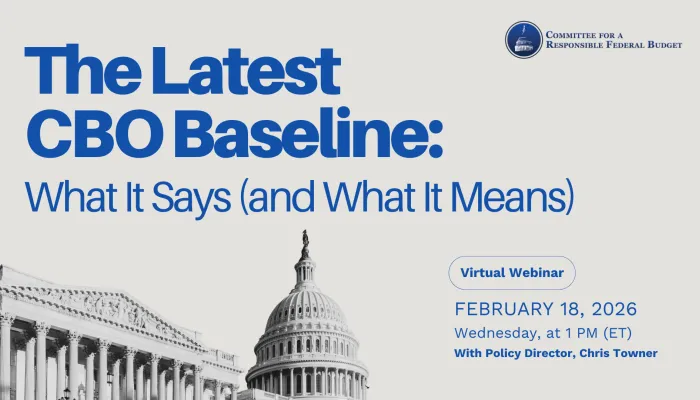IMF Warns of Fiscal Gimmickry
The IMF has a new report out called "Accounting Devices and Fiscal Illusions," a handy guide to different types of fiscal trickery that have been employed by European countries and the US. Mainly, these gimmicks have to do with increasing revenue or decreasing spending in the short term but creating new liabilities or lowering revenue over the longer term. In the case of Europe, these tricks move money around to meet present fiscal targets. Some of these gimmicks do apply to the US but are not the kinds of gimmicks we have been seeing recently.
The fiscal illusions break down into five categories:
- Hidden borrowing: This type of gimmick increases revenue upfront but increases spending later. The IMF gives the example of European countries taking over private pension schemes for compensating payments. Obviously, the payments show up on-budget immediately while the pension liabilities will not need to be met until later. They also point out that the state of Arizona sold and leased back many state buildings in 2010 to cover their deficit.
- Disinvestment: Disinvestment refers to any sort of gimmickry that increases revenue immediately but reduces revenue later. Any country that sold public assets that they were currently receiving fees for would be receiving a one-time payment but giving up future revenue. The IMF also mentions countries that have securitized fees or other government cash flows, gaining money upfront but giving up their ability to receive that revenue later. In the US, the 2010 law that created the Small Business Lending Fund included an offset that would allow more people to rollover their retirement accounts to Roth IRAs. Because the rollovers are taxed but withdrawals from Roth IRAs are not, that provision looked like an offset in the ten-year window, but actually would lose revenue over time.
- Deferred spending: As the name suggests, deferred spending pushes off spending into the future. This can be done in a gimmicky way--pushing payments scheduled for the last day of the current fiscal year into the first day of the next fiscal year--or in an intentional way--for example, by putting off maintenance of roads even though it could lead to greater liabilities later.
- Foregone investment: Foregone investment is gimmickry that reduces spending now but reduces revenue later. The IMF states that government making concessions to private companies to construct, for example, roads would incur fewer liabilities in the construction process but would likely lose out on some of the future tolls due to the concessions.
- Disappearing government: This trick involves shifting liabilities to public entities that are not counted as part of the government or to lower levels of government. In the US, the most obvious example of disappearing government is Fannie Mae and Freddie Mac prior to 2008. Although they were widely viewed as being backed by the government, their operations were not counted in the federal budget. In Greece, many publicly-owned entities were kept off-budget to hide the true size of the country's debt. Other European countries have kept entities that were created in response to the financial crisis off their balance sheets.
These types of gimmicks are especially present in countries that have to meet fiscal targets but don't have the ability to get there through straight-forward fiscal policy, but we also see them frequently in the federal government even though no tight fiscal regime is present. Worry not, though, because The Bottom Line will be watching out for these gimmicks from the President, the Congress, and the campaign trail. Stay tuned as we continue to call them out.


